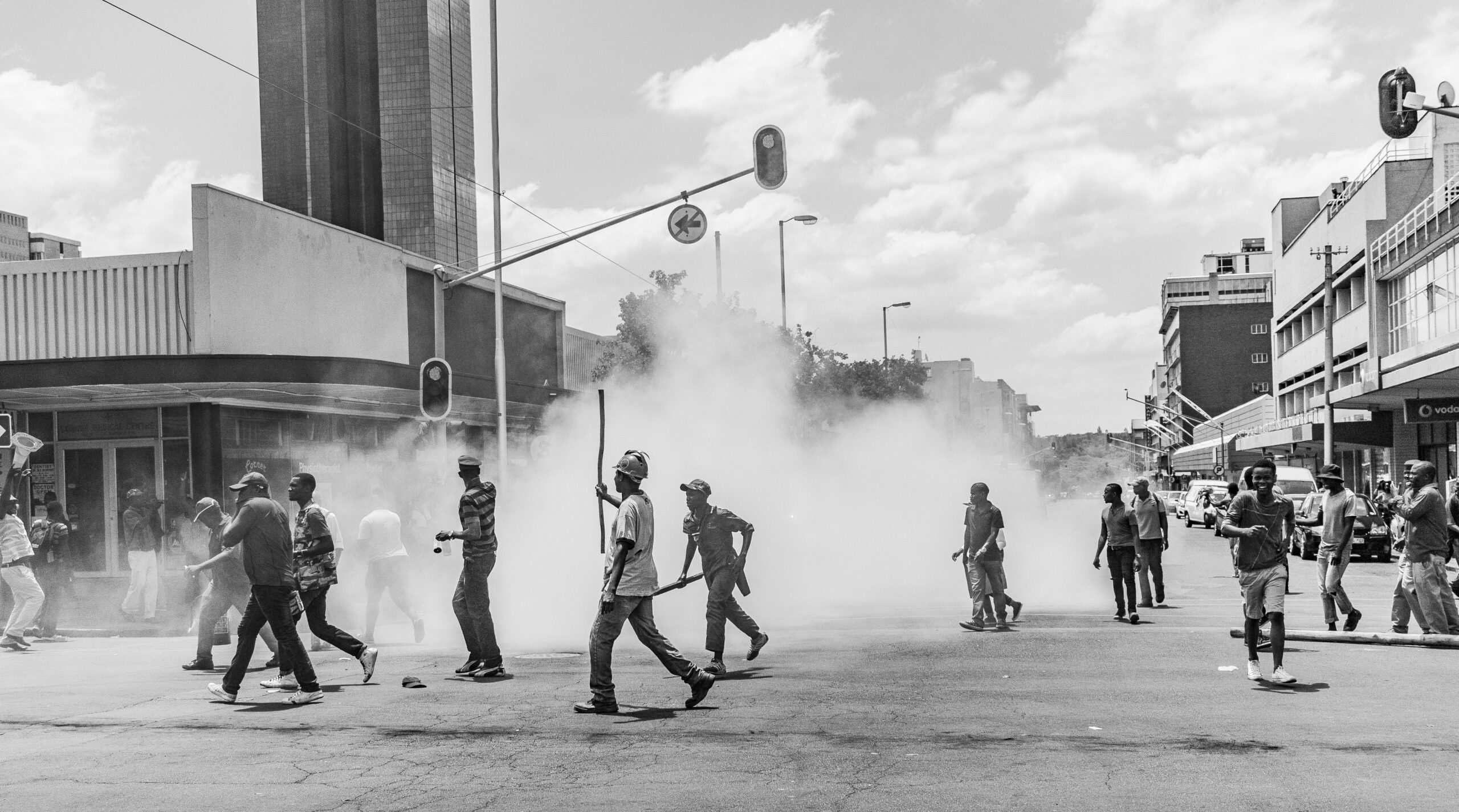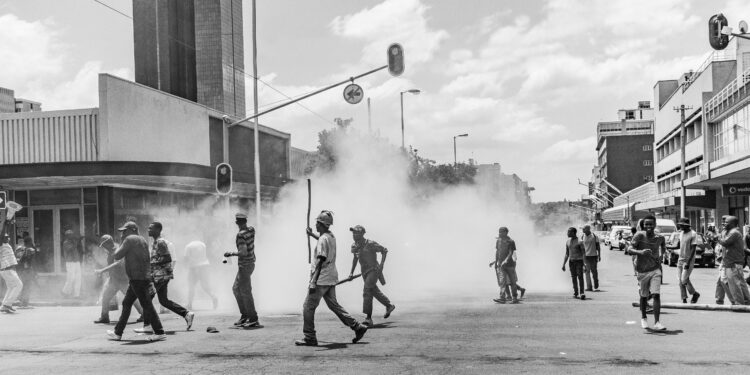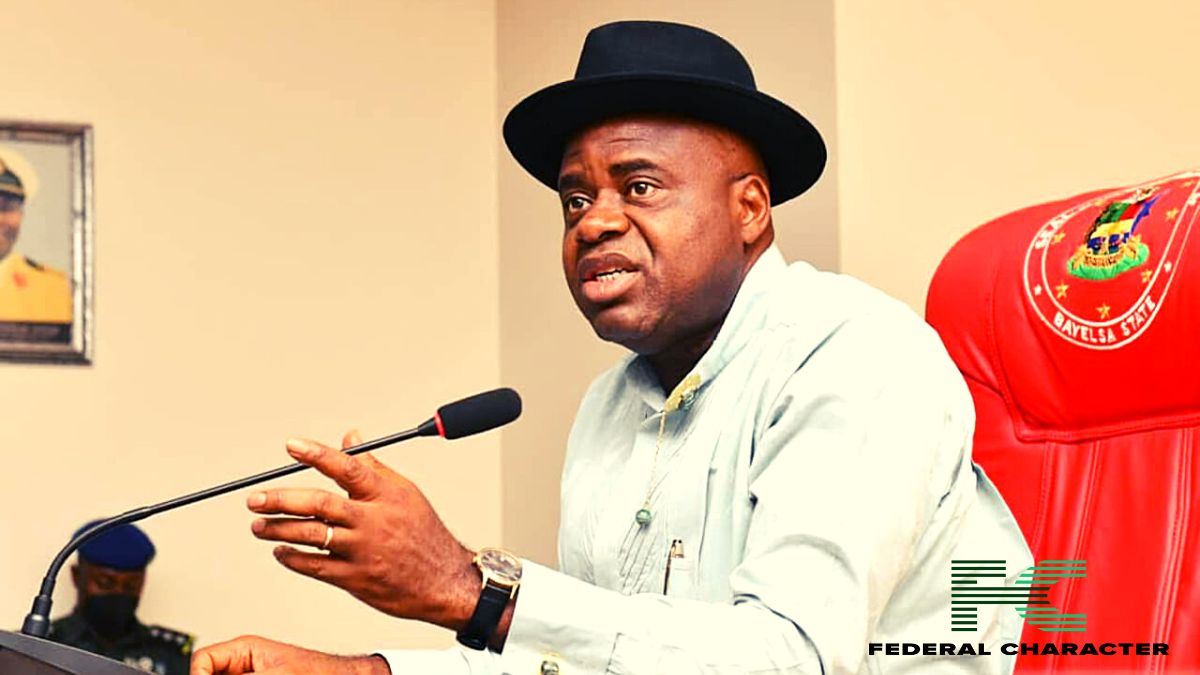What should have been a day of solemn remembrance for political icon Raila Odinga descended into chaos and injury on Saturday, as a memorial service in Kisumu became the latest chapter in a week of tragic failures during the national mourning period. Dozens of mourners were injured, with some in critical condition, as crowds swelled beyond control at the Jomo Kenyatta Stadium, transforming grief into a desperate scramble for safety.
This incident, coming just one day after two people were killed and over 160 injured at Odinga’s state funeral in Nairobi, exposes an ugly pattern of incompetence and a fundamental failure by the state to manage the powerful, predictable force of public grief for a beloved leader.

A Predictable Tragedy in a Week of Failures
The scenes of mourners crying, pushing, and ultimately stampeding at the Kisumu stadium were not an unforeseeable accident. They were the direct result of a catastrophic failure in planning and crowd management for a figure known to command a passionate, massive following. This is the third major incident in as many days, following the deadly shooting by police at a public viewing in Nairobi and the mass injuries at the state funeral.
A pattern has emerged, revealing that the Kenyan authorities were utterly unprepared for the scale of emotion and the number of people that Odinga’s passing would unleash. The decision to cancel a planned road procession and fly Odinga’s body to his homestead is a stark admission of this failure—a belated attempt to avoid further tragedy that comes only after the damage has been done.
Why It Matters
Behind the numbers (“dozens injured,” “some in critical condition”) are real people whose final act of tribute to their leader ended in a hospital. The Kenyan Red Cross official’s report and the Reuters witness account of people being treated at the scene paint a picture of a ceremony that spiraled into a medical emergency.
This is a profound disrespect to the citizens who came to pay their respects and to the memory of Odinga himself. The state’s primary duty at such a moment is to provide safety and order, allowing for peaceful mourning. Instead, its repeated inability to do so has turned a national period of reflection into a recurring nightmare of violence and chaos.
The memory of Raila Odinga deserves to be honored with dignity, not stained by a legacy of preventable bloodshed and chaos.

















